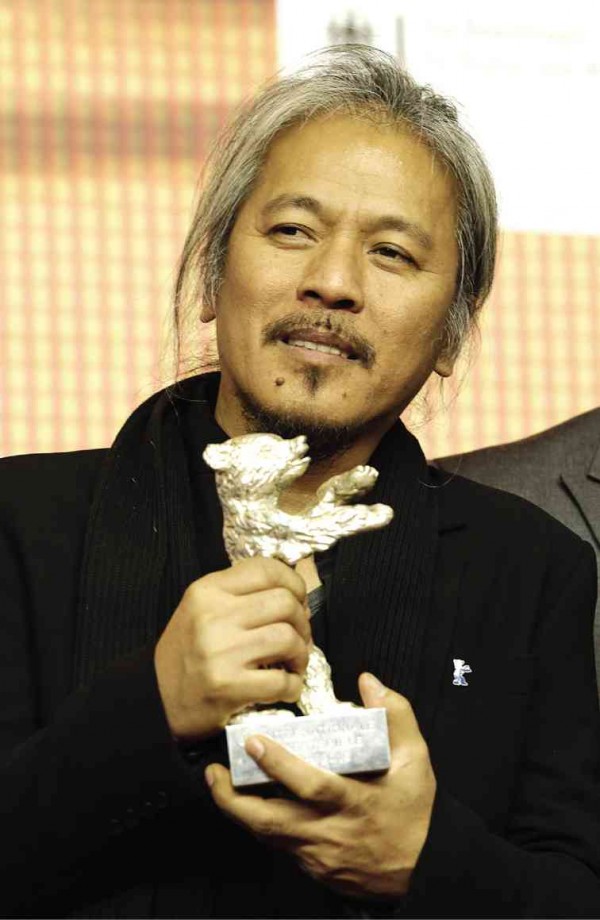‘Hele’ daunts, dazzles
Filipino filmmaker Lav Diaz’s eight-hour epic, “Hele sa Hiwagang Hapis,” sharply divided critics after its premiere at the 66th Berlinale on Feb. 18.
It has garnered mostly mixed reviews from mainstream media.
Variety’s Guy Lodge calls “Hele” “oft-enthralling… [but] pompous and shapeless.” Hollywood Reporter’s Deborah Young agrees: “There is a richness here that strains to be channeled into a focused film.”
Screen Daily’s Jonathan Romney concedes: “Confusing, slightly patchy, but overall mesmerizing weave of narratives… history and myth.”
Diaz’s defenders in the art-house film circuit came in full force, however.
Article continues after this advertisementTip-Berlin’s Markus Raska hails “Hele” as a “powerful movie experience, a masterpiece of slow cinema.”
Article continues after this advertisementEl Confidential’s Javier H. Estrada praises “Hele” as Berlinale’s “highlight… a large-scale event film that combines a nation’s history and an intimate story with unusual mastery.
RBB’s Fabian Wallmeier points out: “What [Diaz] does with the length is the decisive factor. It is never an end in itself, but arises quite naturally from his own sprawling, wide arches.”
Still, its staunchest champions turned out to be jury president Meryl Streep and jury member Clive Owen, who went out of their way to congratulate the cast after the awarding last Feb. 20.
The Filipino film eventually brought home the Silver Bear Alfred Bauer Prize, which is awarded to a feature film “that opens new perspectives.” Bayani San Diego Jr.
